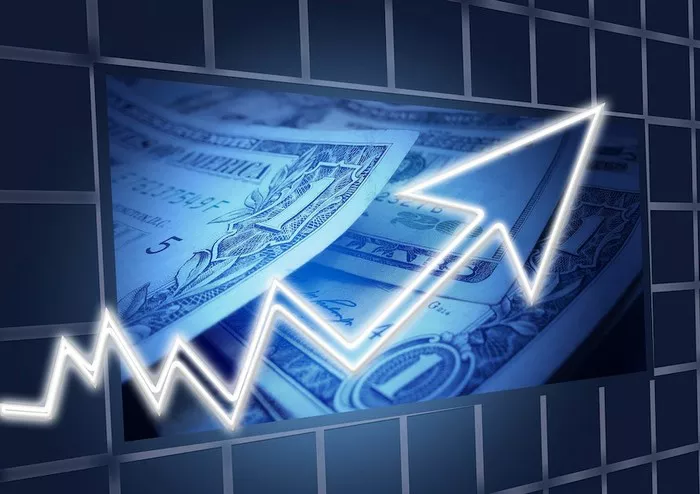Stock futures play a vital role in financial markets, allowing investors and traders to speculate on the future price movements of individual stocks or broad market indices. These futures contracts are financial derivatives with prices that are influenced by various factors, including supply and demand dynamics, interest rates, and market sentiment.
The Basics of Stock Futures
Stock futures are standardized agreements to buy or sell a specific quantity of a particular stock at a predetermined price on a specified future date. These contracts are traded on organized futures exchanges, such as the Chicago Mercantile Exchange (CME) or the Intercontinental Exchange (ICE). The primary purpose of stock futures is to allow market participants to hedge against price fluctuations or speculate on price movements.
Spot Market Prices and Stock Futures
The price of a stock future is intrinsically linked to the price of the underlying stock in the spot or cash market. Spot market prices represent the actual current market price of the stock. The futures price, also known as the futures “contract price,” is determined based on the anticipated future value of the underlying stock at the contract’s expiration.
Supply and Demand Dynamics
One of the most significant factors influencing stock futures prices is the interplay between supply and demand. When there is a higher demand for a particular stock future, its price tends to rise, assuming other factors remain constant. Conversely, increased selling pressure can lead to a decrease in the futures price.
Interest Rates and the Cost of Carry
The cost of carry is a crucial concept in futures pricing. It refers to the interest costs associated with holding the underlying asset until the futures contract‘s expiration date. If you buy a stock future, you are essentially postponing the purchase of the actual stock until the contract expires. During this time, you could invest the money you would have used to buy the stock, potentially earning interest or dividends.
Dividends and Stock Futures
Dividends paid by the underlying stock can also impact stock futures prices. When a stock goes “ex-dividend,” meaning that it no longer qualifies for the next dividend payment, its futures price may adjust downward to account for the lost dividend income.
Arbitrage Opportunities
Arbitrageurs play a significant role in keeping stock futures prices in line with the underlying stock’s spot market value. Arbitrage involves taking advantage of price discrepancies between related assets. If stock futures deviate significantly from the spot market price, arbitrageurs step in to profit from the price difference. Their actions help align the futures price with the stock’s actual value.
Market Sentiment and News
News and market sentiment can cause rapid and substantial price movements in stock futures. Positive news about a company or industry can drive demand for its futures contracts, while negative news can lead to selling pressure. Traders must stay informed about market developments that could impact the stocks they are trading.
Expiration and Settlement
Stock futures contracts have expiration dates when the contract is settled. Settlement can occur through physical delivery or cash settlement. In physical delivery, the contract holder must take possession of the underlying stock at the agreed-upon price. In cash settlement, the contract holder receives or pays the difference between the futures price and the actual stock price.
Options and Stock Futures
Options on stock futures are derivative contracts that give the holder the right, but not the obligation, to buy or sell the underlying stock futures at a predetermined price. The price of these options is influenced by various factors, including the price of the underlying stock futures, time until expiration, implied volatility, and interest rates.
Market Makers and Liquidity
Market makers are financial institutions or individuals that facilitate trading by providing liquidity to the market. They buy and sell stock futures contracts, helping maintain orderly and efficient markets. The presence of market makers helps ensure that stock futures prices remain in line with the underlying stock’s value.
Regulatory Oversight
Stock futures markets are subject to regulatory oversight by government agencies like the Commodity Futures Trading Commission (CFTC) in the United States. Regulatory bodies enforce rules and regulations to maintain market integrity and protect the interests of traders and investors.
Conclusion
In conclusion, the determination of stock futures prices is a complex process influenced by a multitude of factors, including supply and demand dynamics, interest rates, dividends, arbitrage opportunities, market sentiment, and news events. Understanding these factors is essential for traders and investors looking to navigate the world of stock futures successfully. By staying informed about market conditions and employing sound trading strategies, participants in the stock futures market can make informed decisions and potentially capitalize on price movements in both rising and falling markets.


